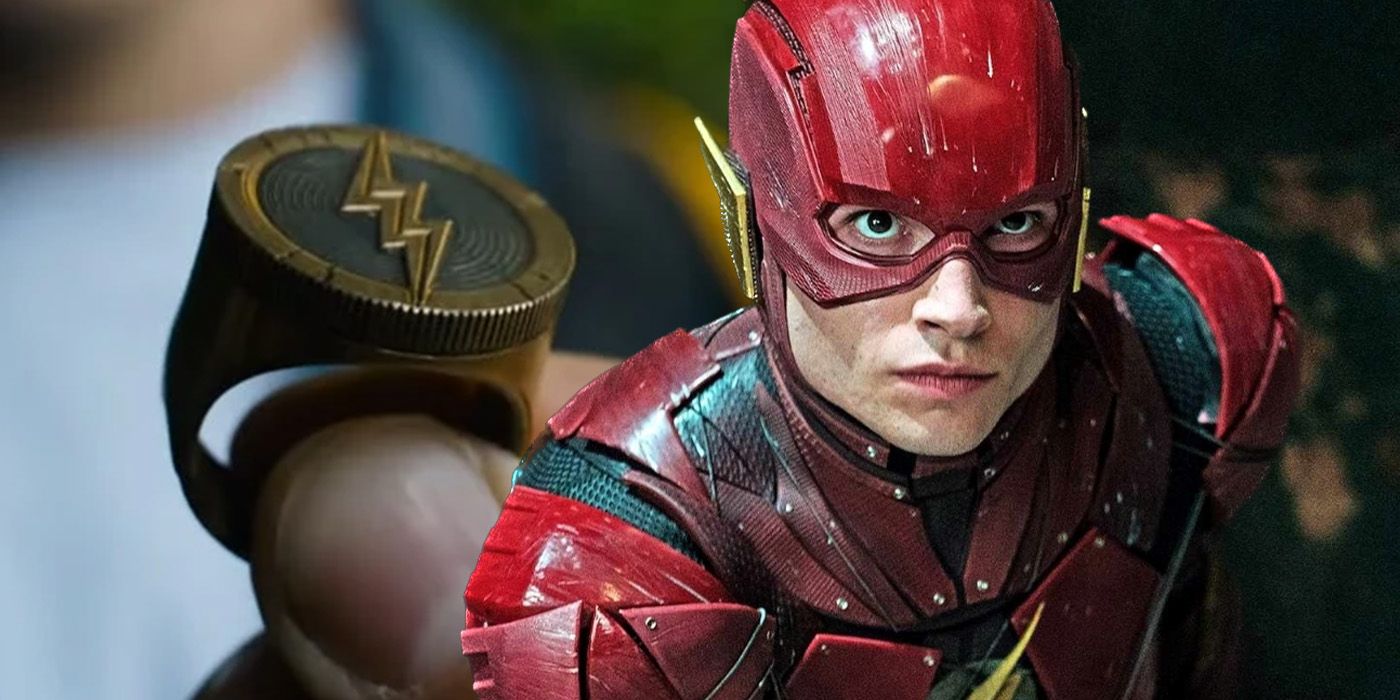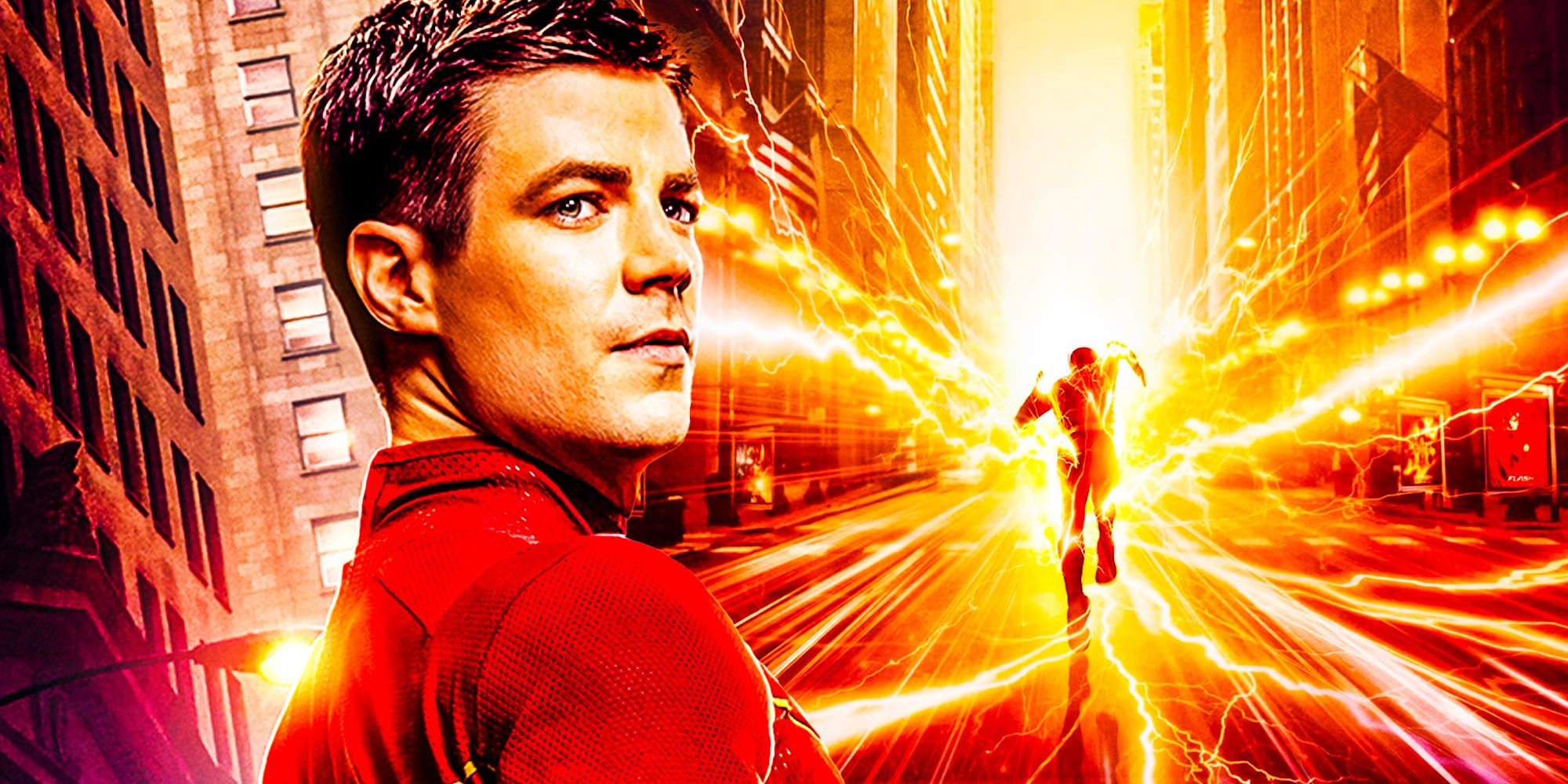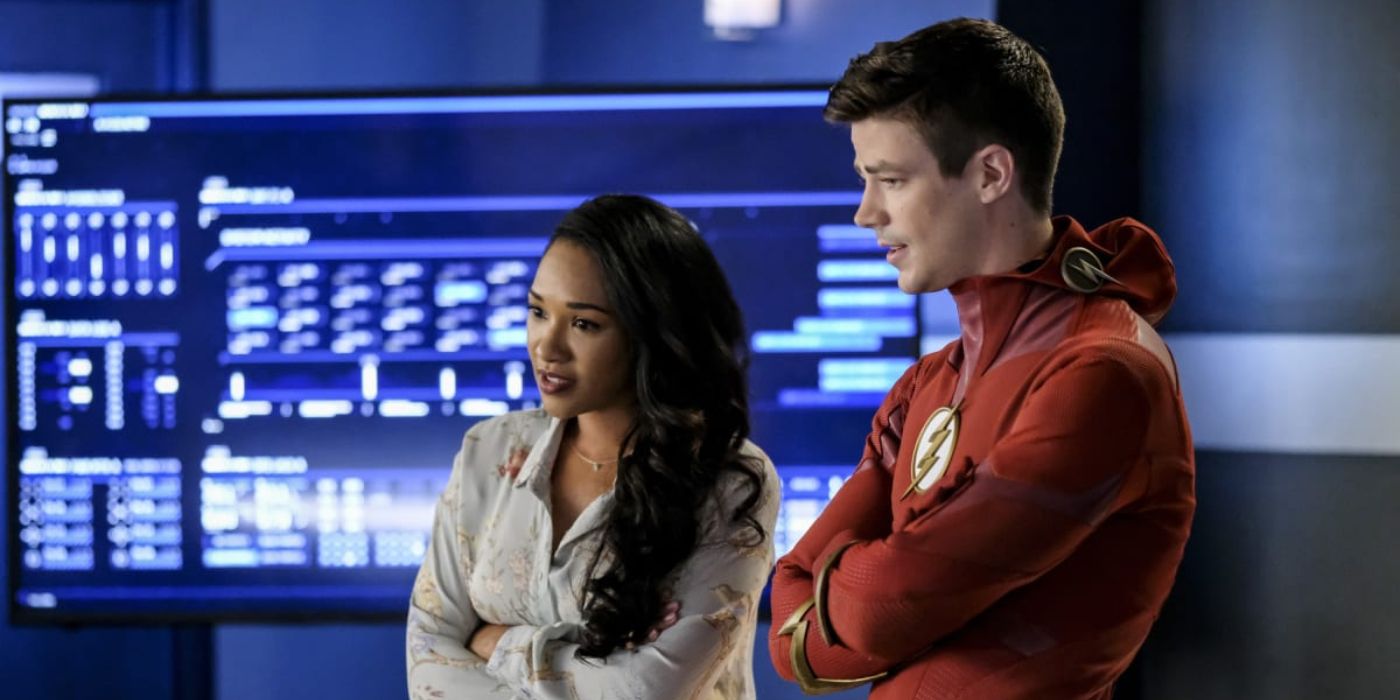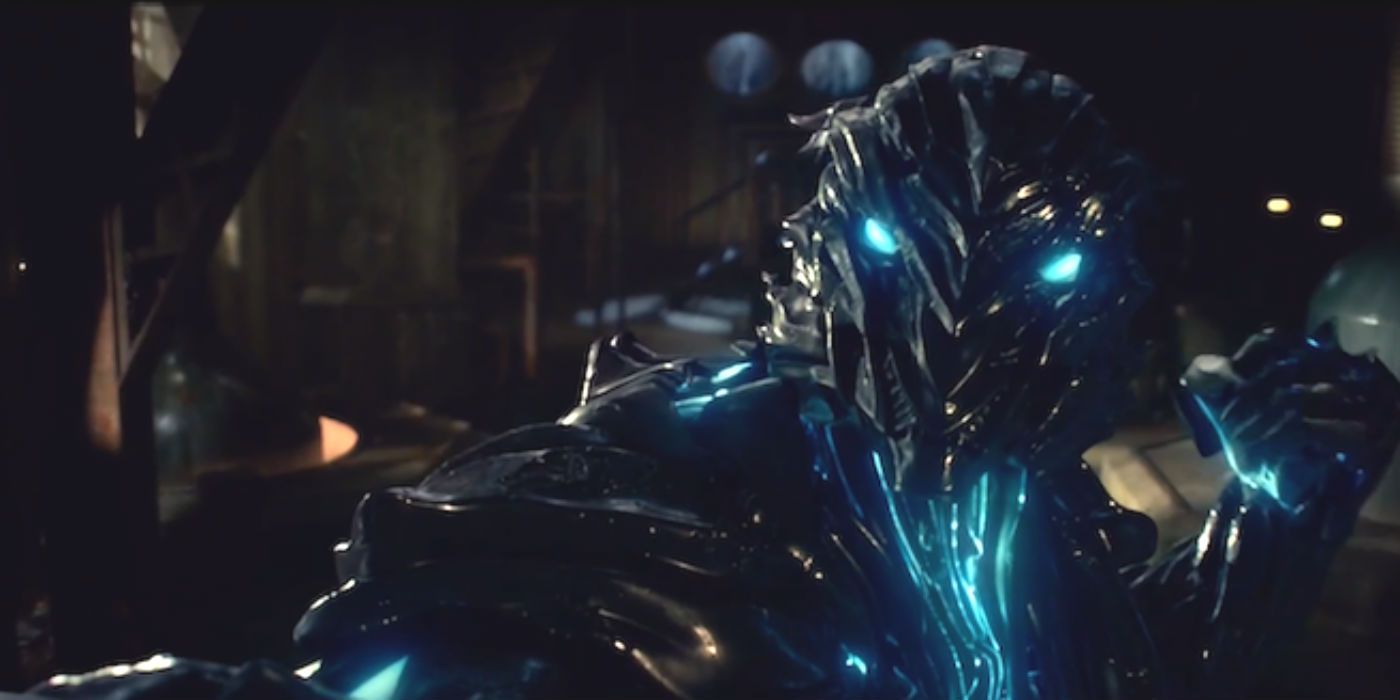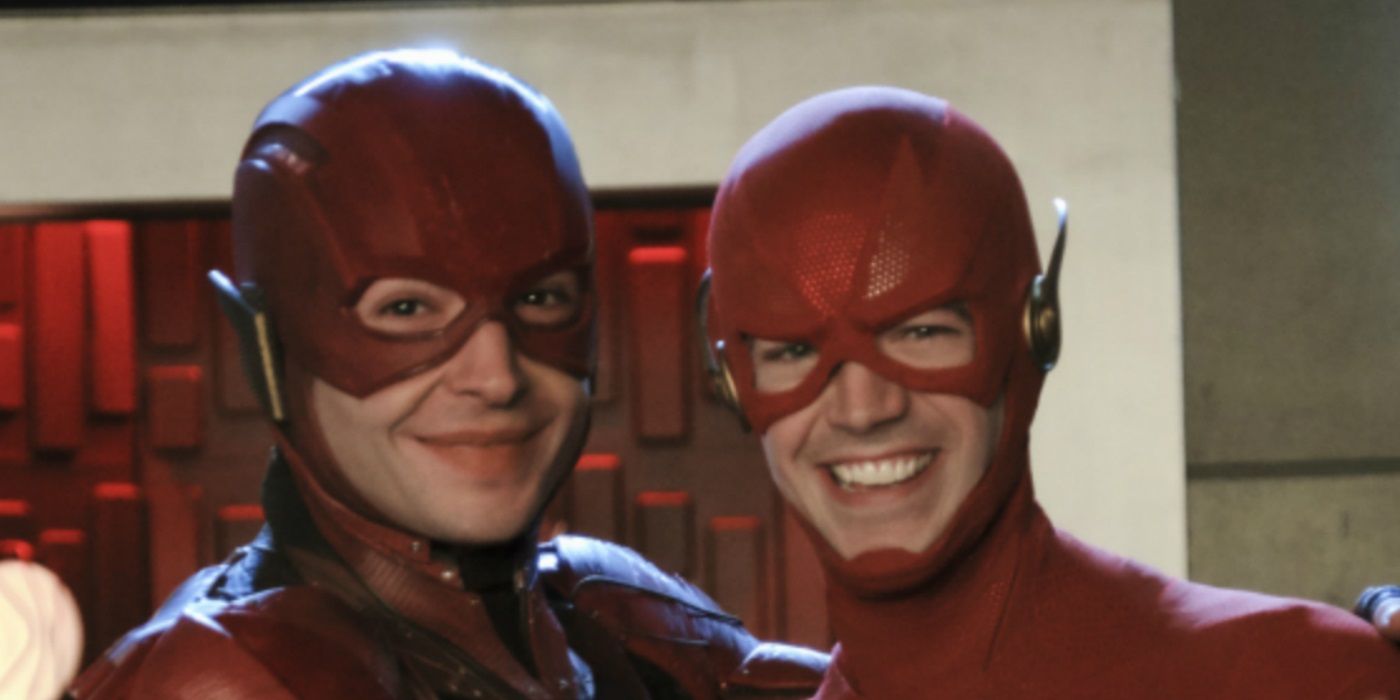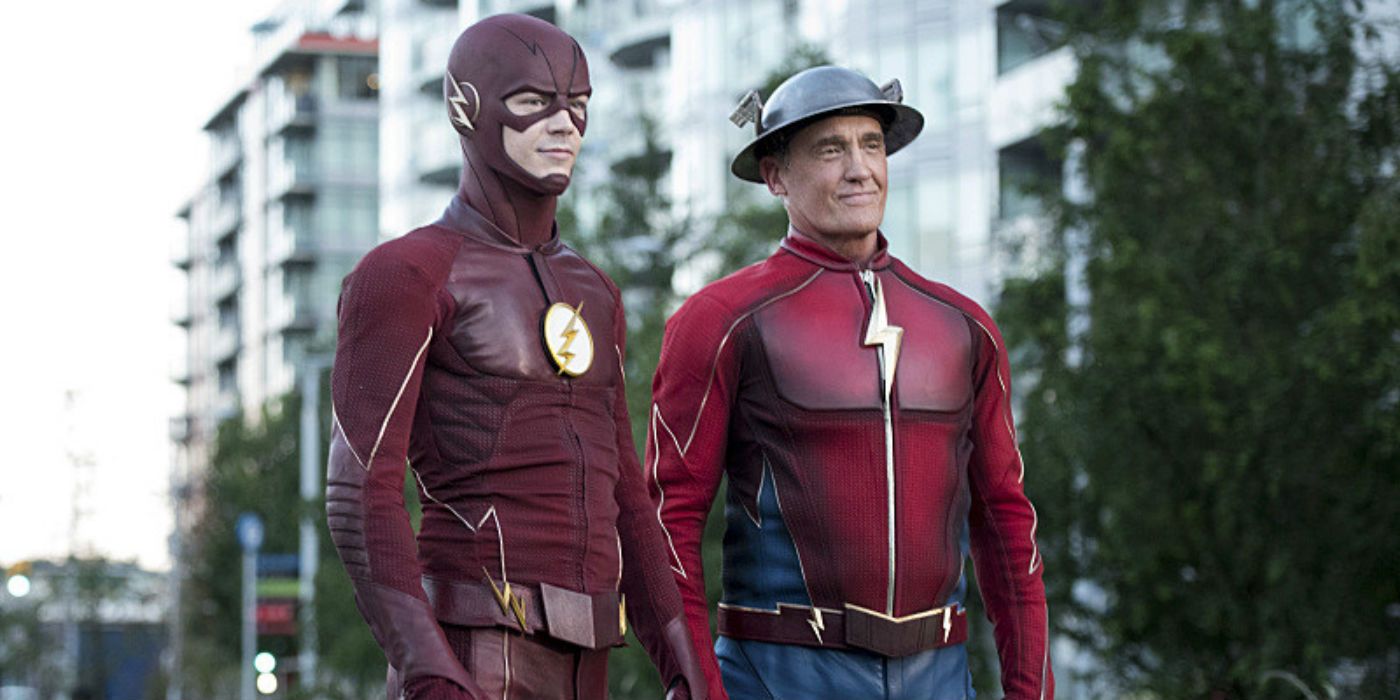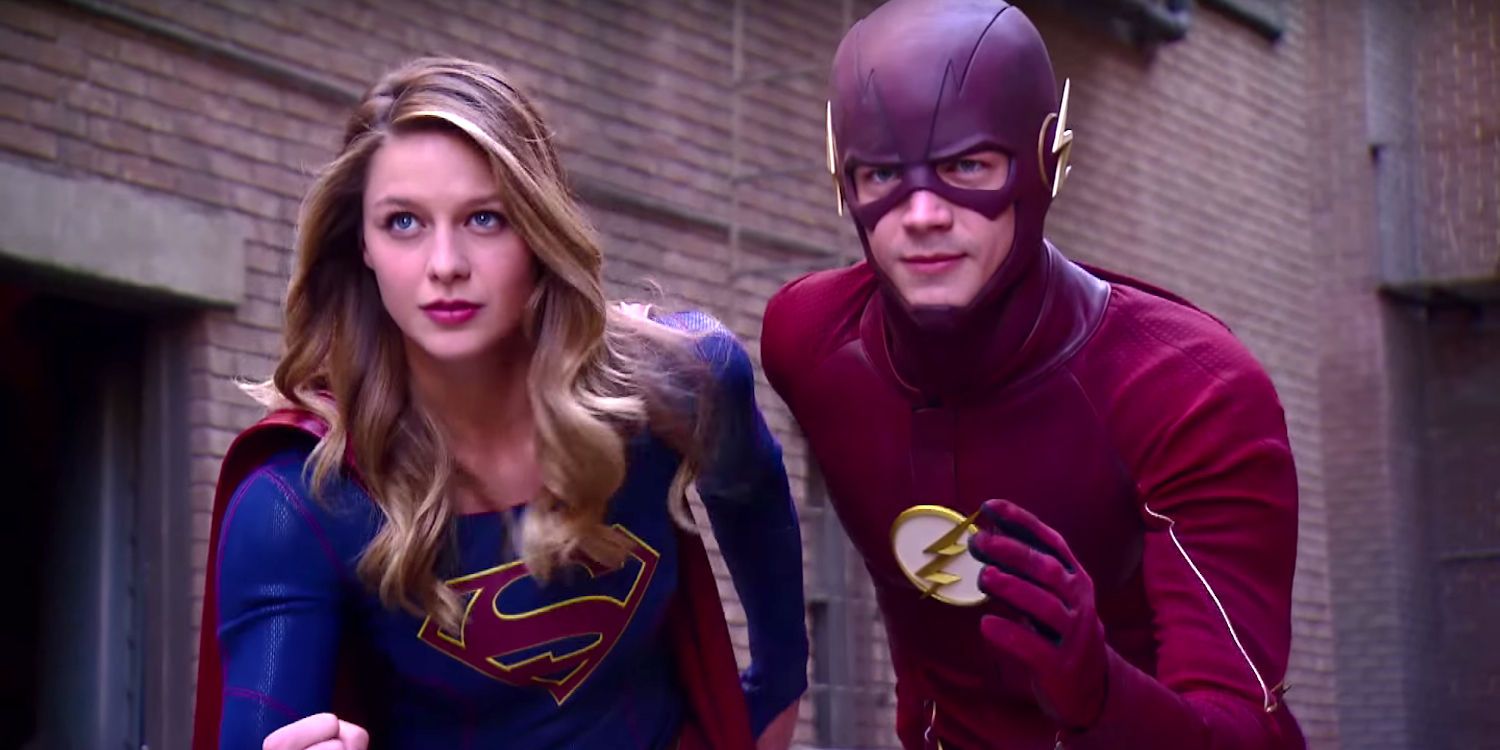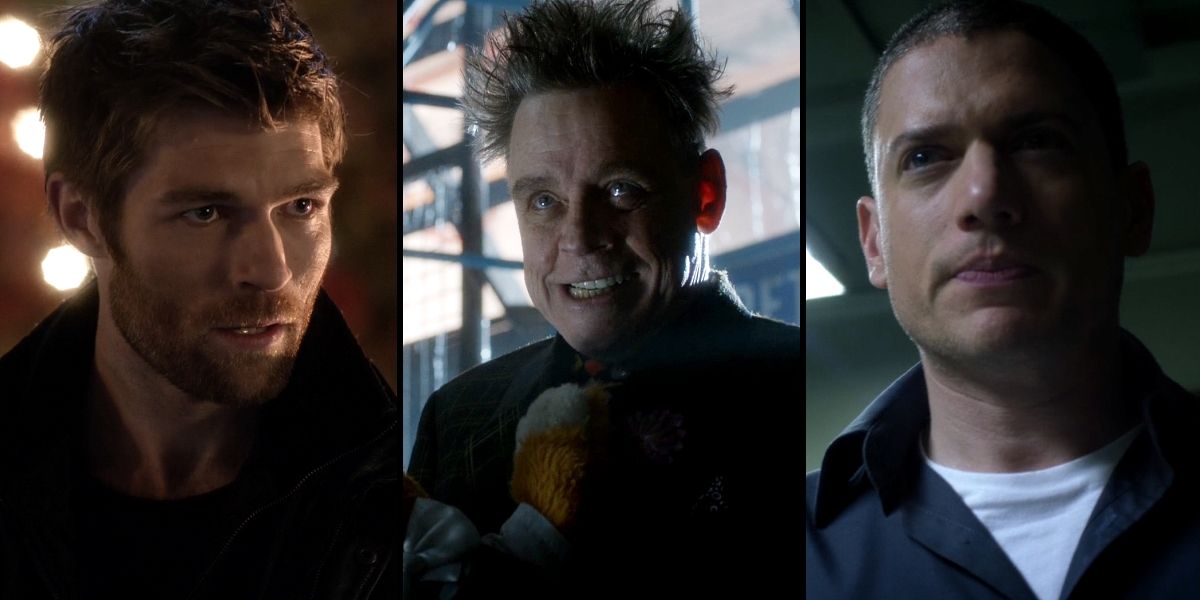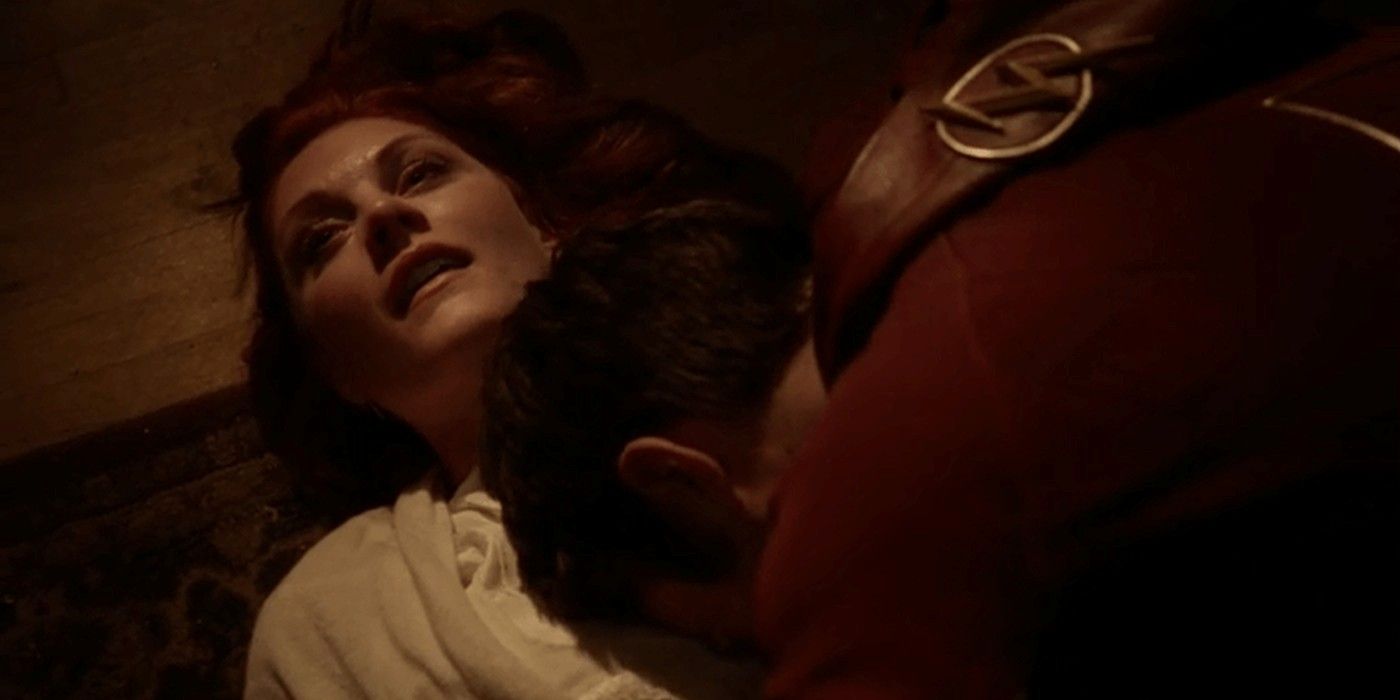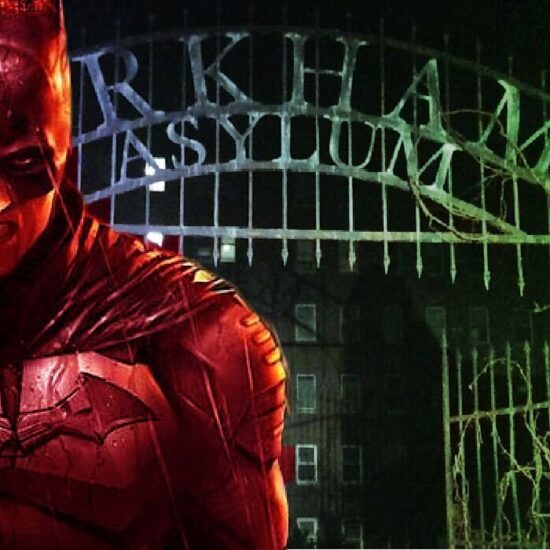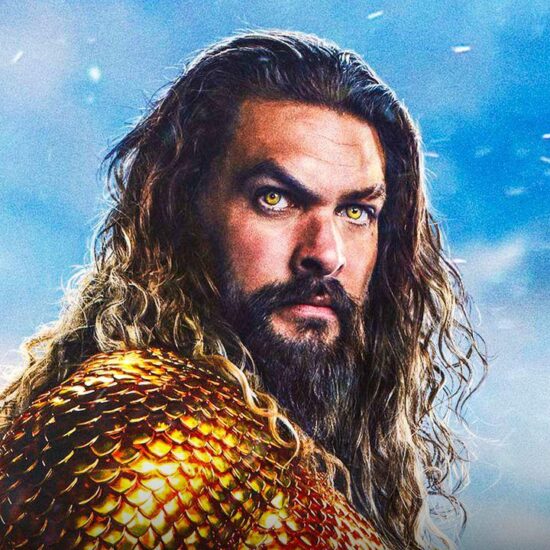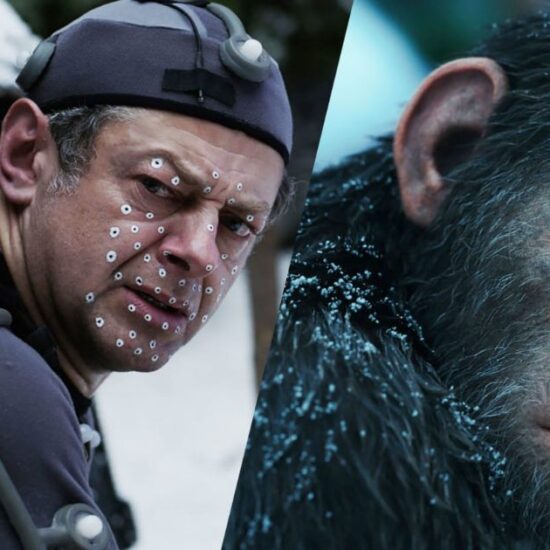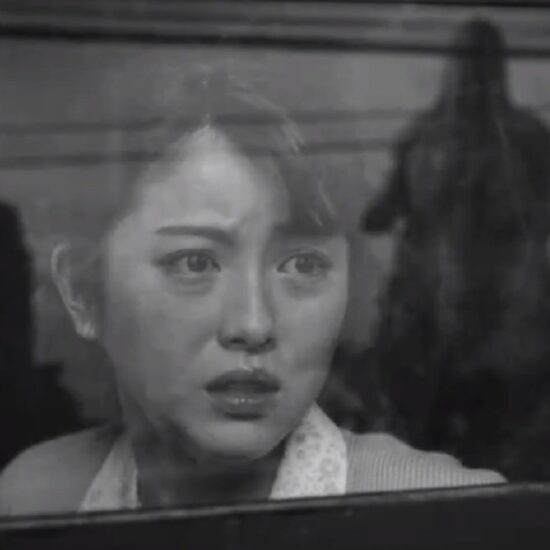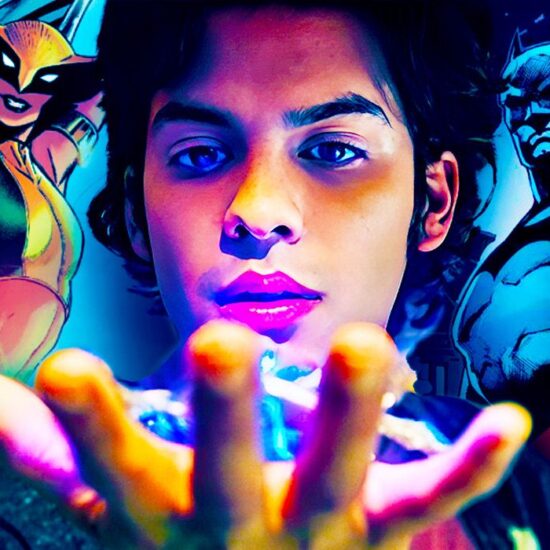Summary
- Gustin’s portrayal of The Flash in the Arrowverse had a funnier and less awkward first run compared to Miller’s version in the DCEU film.
- The Flash series did a better job explaining how Barry Allen acquired and used the iconic Flash ring, while the movie left this detail unexplained.
- The chemistry and relationship between Gustin’s Barry Allen and Iris West was stronger and more developed in the Arrowverse compared to Miller’s awkward interactions with Iris in the movie.
The Flash may be the Scarlet Speedster’s biggest cinematic outing to date, but there are still several things that Grant Gustin’s version of the hero in the Arrowverse did better than Ezra Miller’s Barry Allen in the DCEU. Gustin was the first of the two to give life to Barry Allen, with the actor leading nine seasons of The Flash series before Miller got to star in a single solo movie as DC’s most famous speedster. Interestingly, the two actors’ time as The Flash is intertwined, as Miller got announced as the DCEU’s Barry Allen just a week after Gustin’s Arrowverse series premiered, with Miller leading The Flash‘s cast just a couple of months after Gustin finally hung up his Flash costume.
Unfortunately, The Flash ended up as one of the DCEU’s more disappointing films and also became one of DC’s biggest box office disappointments in history. A lot of the criticism regarding The Flash went toward its subpar CGI and unconventional choices of multiverse cameos, the latter of which omitted Gustin’s Barry Allen. Despite not playing a role in The Flash‘s multiverse story, Gustin’s version of The Flash went through many of the things that Miller’s Barry did in the movie. Here are 10 moments in The Flash that Gustin’s Barry did better in the Arrowverse.
10 The Flash’s First Run
The Flash features Miller playing two versions of Barry Allen due to the hero’s time travel adventure. When the younger Barry gets his powers, the character proceeds to have fun with his speed, which awkwardly shifts to him running all over Central City naked due to his clothes being burned away by friction. In the Arrowverse’s The Flash series, Gustin’s Barry Allen has a funnier and less awkward first run. Barry is dealing with his hand strangely shaking, which leads to him discovering his super speed. Barry then tries out his new power, only to fall straight into a laundry van, saying, “Awesome.”
9 Barry’s First Time Using The Flash Ring
The Flash ring containing the hero’s suit is a major trademark of the character in the comics, and both Gustin and Miller’s Barry Allens possess the item. However, there is a clear difference between the two heroes where the ring is concerned. While The Flash series has Barry get his The Flash ring from Norah West-Allen — his daughter who comes from the future to meet him — Miller’s Barry Allen simply has the ring in The Flash. A tie-in comic reveals it was given to him by Bruce Wayne, but that detail is left out of the movies.
8 The Flash’s First Time Travel
Time travel plays a big role in both The Flash movie and series, but Gustin’s Barry Allen has the best first time travel. In the Arrowverse, The Flash tries to stop a tsunami caused by the second Weather Wizard, and while running as fast as he can to save Central City, Barry ends up shockingly time-traveling for the first time. In The Flash movie, Miller’s Barry Allen time travels as he starts running in the middle of a street alone, with no immediate threat forcing him to break the space/time barrier. His time travel in Zack Snyder’s Justice League is better but may or may not be DCEU canon.
7 Gustin’s Barry Has A Better Relationship With Iris
While the Arrowverse has had more time to flesh out Barry and Iris’ relationship to the point that they are a married couple and parents, the relationship between the two was strong from the get-go, with Gustin and Candice Patton having extraordinary onscreen chemistry. In The Flash movie, the first time the DCEU’s Barry and Iris interact in canon as Iris was cut from 2017’s Justice League, Miller’s Barry Allen has mostly awkward interactions with Kiersey Clemons’ Iris West. While the chemistry between both characters could have been built up in a possible The Flash sequel, it was not instantly magnetic like in the Arrowverse.
6 Fighting His Evil Self
The Flash season 3 saw Barry Allen discover that the evil Savitar, who was meant to kill Iris, was none other than an evil version of himself. Close to The Flash movie’s ending, it is revealed that the ominous Dark Flash is none other than the young Barry after he went mad trying repeatedly to stop Batman and Supergirl from dying. While the reveal of Dark Flash’s identity was cool, the villain was beaten way too easily and fast. Savitar’s tragic connection to Barry and the fear of him killing Iris at a set date made the villain a much bigger threat than Dark Flash.
5 The Arrowverse Features Ezra Miller’s The Flash
One of the biggest complaints about the DCEU movie was that The Flash‘s multiverse cameos didn’t include Gustin’s Barry Allen, which would have been such an obvious choice, as the movie decided to feature alternate versions of Batman and Superman and only a generic Golden Age Flash instead. The Arrowverse did a much better job in that regard, with the DC TV’s Crisis on Infinite Earths crossover event bringing together Gustin and Miller’s versions of The Flash, with the DCEU hero even getting the idea for his name from the Arrowverse Barry. Sadly, The Flash movie didn’t pay off that interaction.
4 Grant Gustin’s The Flash Did Legacy Cameos Better
Past DC actors — multiple of whom are no longer alive — returned as their iconic heroes in The Flash movie. Those cameos included Christopher Reeve’s Superman and Adam West’s Batman with egregious CGI models. Gustin’s Arrowverse series did a much better job with its legacy cameos, casting actors such as past TV Flash John Wesley Shipp and Trickster actor Mark Hamill, the latter playing his same character from Shipp’s The Flash series. Shipp would play multiple roles in the show, including Henry Allen, Jay Garrick, and even his Barry Allen from the 1990 The Flash show, with the Arrowverse doing a better job at honoring legacy actors than The Flash movie.
3 Gustin’s Barry Allen Has Better Interactions With Supergirl
While The Flash movie’s marketing heavily promoted the debut of Sasha Calle’s Supergirl, the hero was barely in the film. Calle’s Supergirl was not the most talkative, with her stoic personality contrasting with Miller’s vibrant Barry Allens, and they shared little chemistry. That could not be further from the Arrowverse’s case. Gustin’s Barry was the first hero to meet Melissa Benoist’s Kara Danvers, with The Flash and Supergirl growing to form a tight bond in the Arrowverse. Both Gustin and Benoist’s heroes share the same bubbly personality, which led to their interactions always being a delight, with the two even appearing together on a musical crossover.
2 The Arrowverse Actually Uses The Flash’s Rogues
The Flash movie’s opening featured Miller’s The Flash, Ben Affleck’s Batman, and Gal Gadot’s Wonder Woman dealing with a group of criminals from Gotham City, which could have been made better if the movie had actually decided to use The Flash’s most famous villain group, the Rogues. In the DCEU, Miller’s The Flash only briefly fought one of the Rogues, Captain Boomerang, in Suicide Squad. While mostly in its early seasons, Gustin’s The Flash fought several of the Rogues, including characters like Captain Cold, the Trickster, Weather Wizard, and Captain Boomerang. The Arrowverse series gave the villain team a much bigger focus than the DCEU did.
1 Barry’s Mother Getting Killed Is More Emotional In The Arrowverse
The night Barry Allen’s mom died has been revisited many times throughout The Flash‘s nine seasons, with the first leg of the show’s four-part series finale revisiting that scene yet again. In the series, Nora Allen’s death scene is actually shown, unlike in The Flash movie, with the Reverse-Flash being revealed to be her killer. The Flash season 9 finally revealed that the last season’s Barry was the future version of Gustin’s character that went back in time to fight the Reverse-Flash and save his younger self that tragic night, making things come full circle, which is more impactful than how the DCEU’s The Flash handled that moment.






